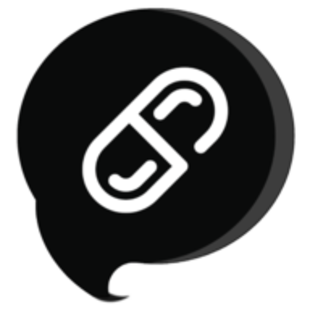Types of Communication in Healthcare: Importance and Insights.
Key Takeaways on Types of Communication in Healthcare
Effective communication :- This forms the foundation of quality healthcare, requiring professionals to master verbal, non-verbal, written, and electronic communication methods.
Verbal interactions :-These are a from of jargon-free language, active listening, and appropriate tone, while remote communication demands additional attention to voice qualities and response times.
Non-verbal elements like body language, spatial awareness, and therapeutic touch significantly impact patient comfort, trust, and willingness to share critical information.
Written communication through documentation, treatment plans, and educational materials ensures continuity of care, reduces errors, and empowers patients to participate in their treatment.
Electronic systems have transformed healthcare communication, though integration challenges persist with only 18% of physicians reporting strong satisfaction with current EHR systems.
Patient-provider communication should prioritize clear explanations, shared decision-making, and compassionate approaches to difficult conversations.
Family-centered communication improves outcomes by properly engaging caregivers through education, support resources, and advance care planning discussions.
https://www.dialoghealth.com/post/types-of-communication-in-healthcare
Key Takeaways on Types of Communication in Healthcare
Effective communication :- This forms the foundation of quality healthcare, requiring professionals to master verbal, non-verbal, written, and electronic communication methods.
Verbal interactions :-These are a from of jargon-free language, active listening, and appropriate tone, while remote communication demands additional attention to voice qualities and response times.
Non-verbal elements like body language, spatial awareness, and therapeutic touch significantly impact patient comfort, trust, and willingness to share critical information.
Written communication through documentation, treatment plans, and educational materials ensures continuity of care, reduces errors, and empowers patients to participate in their treatment.
Electronic systems have transformed healthcare communication, though integration challenges persist with only 18% of physicians reporting strong satisfaction with current EHR systems.
Patient-provider communication should prioritize clear explanations, shared decision-making, and compassionate approaches to difficult conversations.
Family-centered communication improves outcomes by properly engaging caregivers through education, support resources, and advance care planning discussions.
https://www.dialoghealth.com/post/types-of-communication-in-healthcare
💬 Types of Communication in Healthcare: Importance and Insights.
🔑 Key Takeaways on Types of Communication in Healthcare
✅ Effective communication :- This forms the foundation of quality healthcare, requiring professionals to master verbal, non-verbal, written, and electronic communication methods.
✅ Verbal interactions :-These are a from of jargon-free language, active listening, and appropriate tone, while remote communication demands additional attention to voice qualities and response times.
✅ Non-verbal elements like body language, spatial awareness, and therapeutic touch significantly impact patient comfort, trust, and willingness to share critical information.
✅ Written communication through documentation, treatment plans, and educational materials ensures continuity of care, reduces errors, and empowers patients to participate in their treatment.
✅ Electronic systems have transformed healthcare communication, though integration challenges persist with only 18% of physicians reporting strong satisfaction with current EHR systems.
✅ Patient-provider communication should prioritize clear explanations, shared decision-making, and compassionate approaches to difficult conversations.
✅ Family-centered communication improves outcomes by properly engaging caregivers through education, support resources, and advance care planning discussions.
🔗 https://www.dialoghealth.com/post/types-of-communication-in-healthcare






